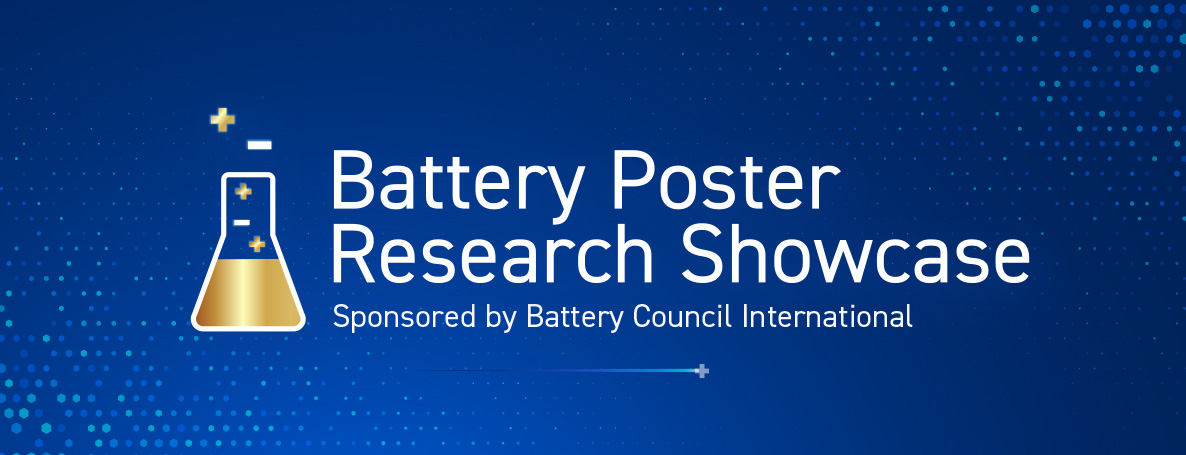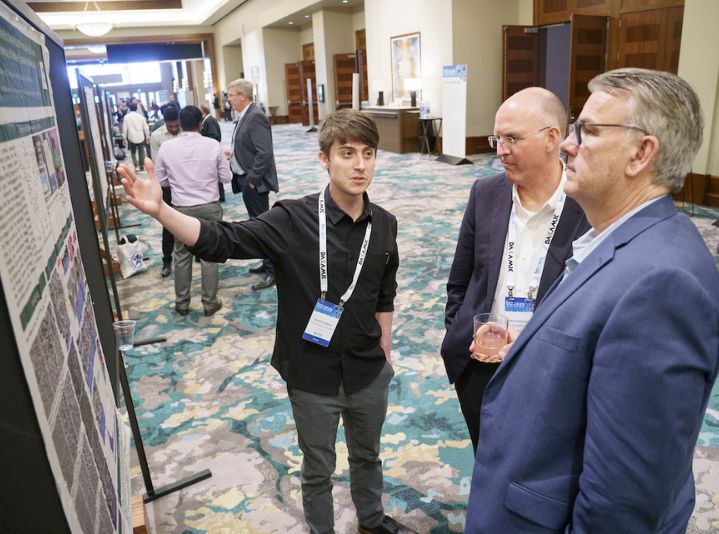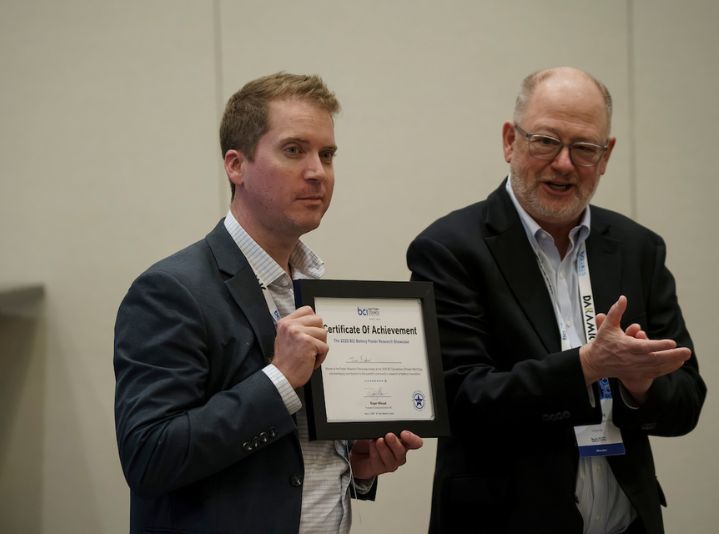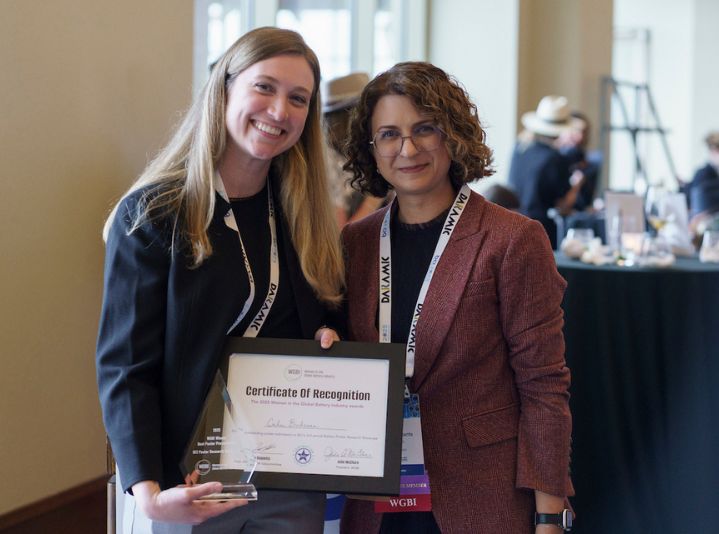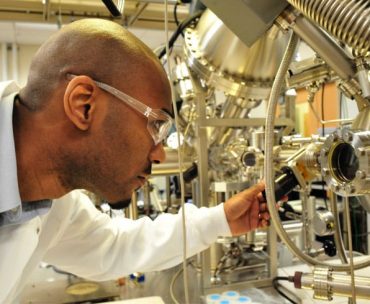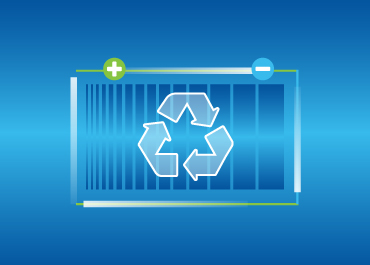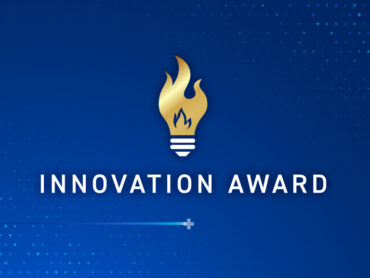The BCI Battery Poster Research Showcase is open to undergraduate, graduate, and postdoctoral level researchers and assistants to share their latest work during the BCI Convention + Power Mart Expo, May 3-6, in Nashville. Presenters have the opportunity to connect directly with manufacturers, engineers, scientists, and industry leaders shaping the future of energy storage.
Submit your information for the BCI Battery Poster Research Showcase.

